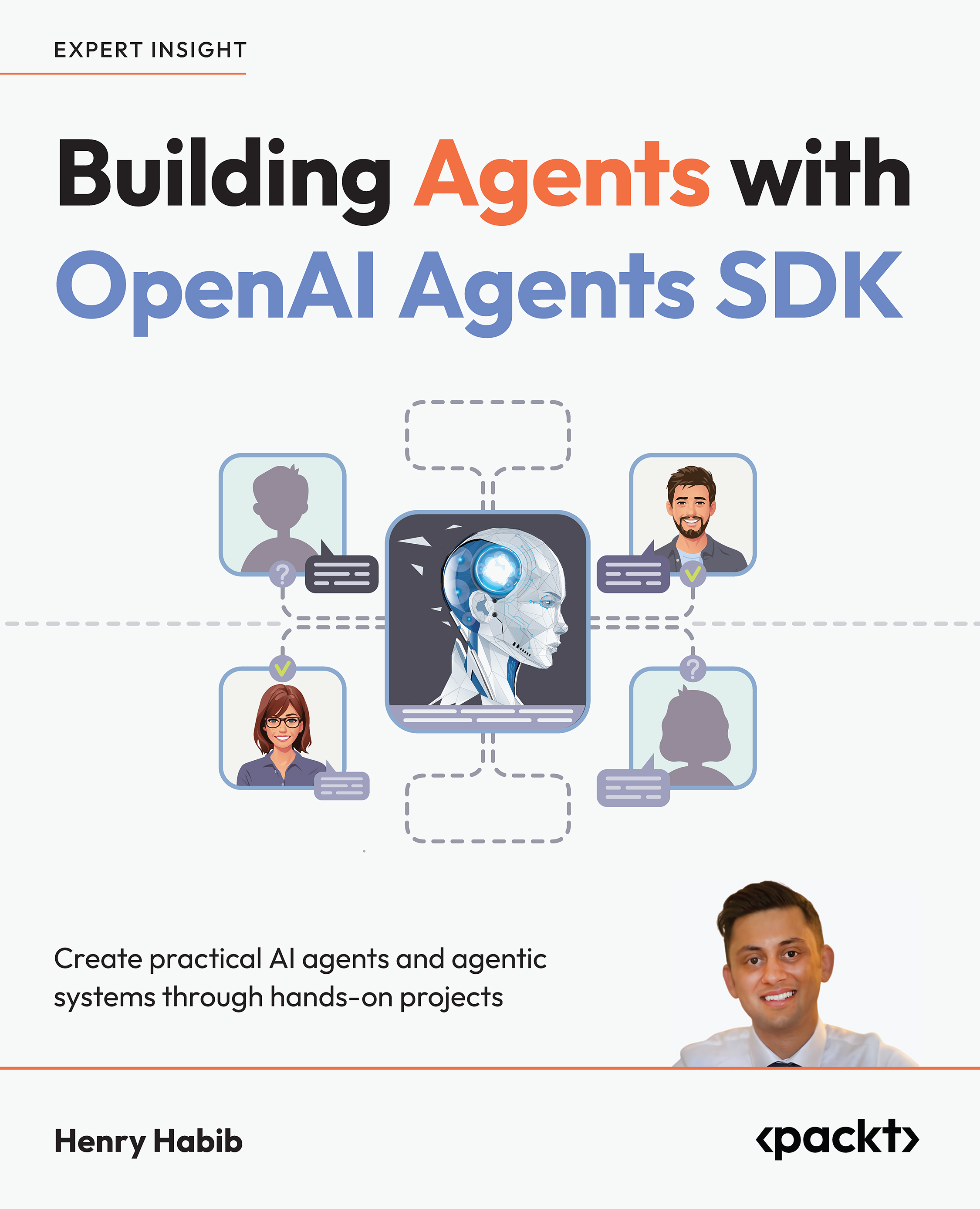The Era of AI-Generated Ransomware Has Arrived: Cybercriminals are increasingly harnessing generative AI tools like Anthropic’s Claude and Claude Code to automate the creation of ransomware—even by those lacking technical expertise. One group, GTG-5004, used AI to craft and market ransomware with sophisticated evasion techniques, while another, GTG-2002, automated the full attack lifecycle—from finding targets to drafting ransom notes. Separately, ESET uncovered “PromptLock,” the first known AI-powered ransomware prototype that generates attack scripts using locally hosted models. Though not yet deployed, it underscores a worrying shift toward AI-driven cybercrime.
Enterprise Security Faces New Challenge as Attackers Master Digital Impersonation: A threat collective known as Scattered Spider (also tracked as UNC3944, Oktapus, and Muddled Libra) is advancing enterprise-targeted social engineering techniques. Their tactics include vishing, smishing, SIM-swap attacks, and helpdesk impersonation, bypassing MFA and abusing admin tools like PowerShell and AnyDesk—a strategy known as “Living off the Land.” The report urges organizations to fortify defenses via behavioral analytics, advanced email and endpoint protection, and thorough security awareness training.
Data I/O Shuts Down Systems in Wake of Ransomware Attack: Electronics manufacturer Data I/O experienced a ransomware attack in August 2025—prompting a full shutdown of internal IT systems to contain the breach. The disruption affected communication, shipping, receiving, and manufacturing support, though business operations themselves aren’t yet severely impacted. Given Data I/O’s role as a supplier to major tech players like Tesla, Google, Amazon, and Microsoft, experts warn of broader supply-chain risks and underscore the need for adversarial emulation and proactive defense strategies.
Ransomware Attack Disrupts Maryland’s Paratransit Service for Disabled Travellers: The Maryland Transit Administration’s Mobility paratransit service, serving disabled passengers, was hit by a ransomware attack, rendering it unable to process new ride requests. While core transit services—like buses, light rail, and MARC—remain operational, the breach underscores a disturbing trend of cyber threats targeting critical accessibility services. Maryland officials are urging affected users to use the alternative Call-A-Ride program while recovery efforts are underway.
Nevada Hit by Cyberattack: State Offices Shut for Two Days: A cyberattack forced Nevada state offices to close for two days, causing outages across government websites and phone lines. While emergency services and citizen data are reportedly unaffected, the incident highlights how public infrastructure remains a high-value target—and the urgent need for hardened defenses and rapid recovery plans.
 United States
United States
 Great Britain
Great Britain
 India
India
 Germany
Germany
 France
France
 Canada
Canada
 Russia
Russia
 Spain
Spain
 Brazil
Brazil
 Australia
Australia
 Singapore
Singapore
 Canary Islands
Canary Islands
 Hungary
Hungary
 Ukraine
Ukraine
 Luxembourg
Luxembourg
 Estonia
Estonia
 Lithuania
Lithuania
 South Korea
South Korea
 Turkey
Turkey
 Switzerland
Switzerland
 Colombia
Colombia
 Taiwan
Taiwan
 Chile
Chile
 Norway
Norway
 Ecuador
Ecuador
 Indonesia
Indonesia
 New Zealand
New Zealand
 Cyprus
Cyprus
 Denmark
Denmark
 Finland
Finland
 Poland
Poland
 Malta
Malta
 Czechia
Czechia
 Austria
Austria
 Sweden
Sweden
 Italy
Italy
 Egypt
Egypt
 Belgium
Belgium
 Portugal
Portugal
 Slovenia
Slovenia
 Ireland
Ireland
 Romania
Romania
 Greece
Greece
 Argentina
Argentina
 Netherlands
Netherlands
 Bulgaria
Bulgaria
 Latvia
Latvia
 South Africa
South Africa
 Malaysia
Malaysia
 Japan
Japan
 Slovakia
Slovakia
 Philippines
Philippines
 Mexico
Mexico
 Thailand
Thailand



















